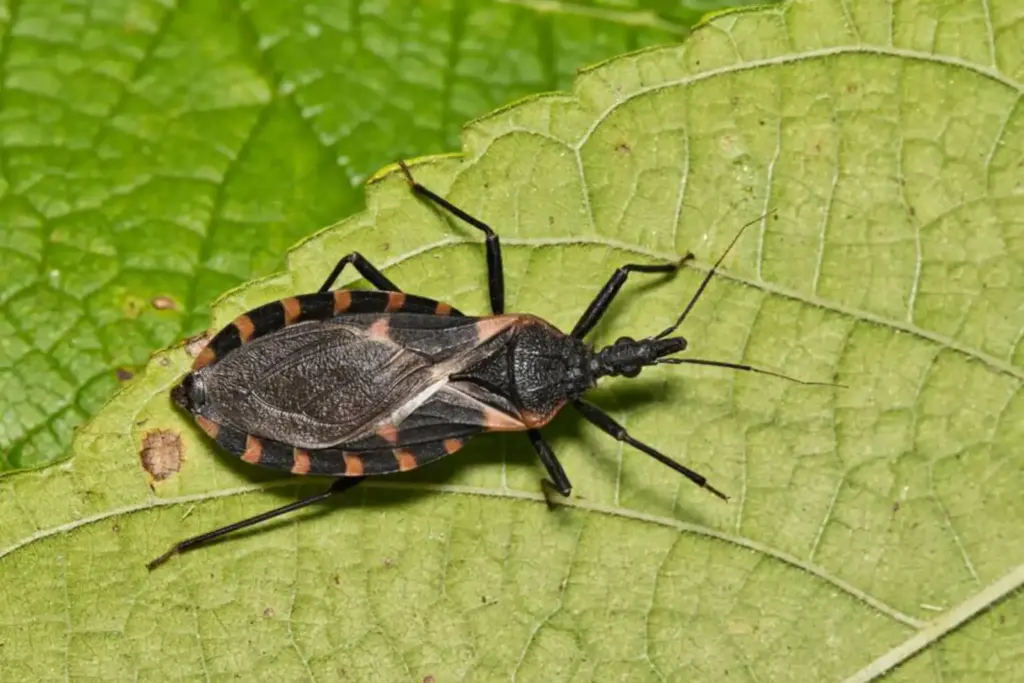
Chagas disease in US: Chagas disease, a potentially fatal illness spread by the blood-sucking triatomine insect, or “kissing bug”, may be establishing itself as an endemic condition in the United States, according to a report from the Centers for Disease Control and Prevention (CDC).
The analysis, published in the September issue of the journal Emerging Infectious Diseases, notes that while Chagas disease is already endemic in 21 countries across the Americas, mounting evidence challenges the current non-endemic label for the US.
Also Read | Donors commit over $170 million to WHO as US exit looms
The CDC report highlights that locally acquired human cases have been documented in eight states, most notably Texas, but also California, Arizona, Tennessee, Louisiana, Missouri, Mississippi, and Arkansas. Triatomine bugs have been reported in 32 states, underscoring their wide distribution.
Although current data is “inadequate” to prove the insects are spreading further in number or geography, researchers note they are being “increasingly recognised” through human encounters, allergic reactions, exposure to the parasites, and a rise in canine diagnoses.
Chagas disease is caused by the parasite Trypanosoma cruzi. Infection occurs when contaminated bug droppings enter the body through cuts, the eyes, or the mouth. The disease does not spread from person to person, but without treatment, it can be life-threatening.
Around 8 million people worldwide, including an estimated 280,000 in the US, are believed to have Chagas, many of whom are unaware of it.
The illness has two stages. In the acute phase, which occurs shortly after infection, symptoms may include fever, fatigue, body aches, rash, diarrhoea, vomiting, and a swollen eyelid, known as Romaña’s sign. In the chronic phase, which can last for years or even a lifetime, serious complications may develop, including heart enlargement, heart failure, digestive problems, or sudden death. According to the CDC, 20–30% of those infected develop severe symptoms.
At present, there are no vaccines or drugs to prevent Chagas disease. Experts advise preventive steps such as using insect repellent, wearing protective clothing, sealing homes to block insect entry, and avoiding raw or potentially contaminated food.








